What is a cracked or chipped tooth?
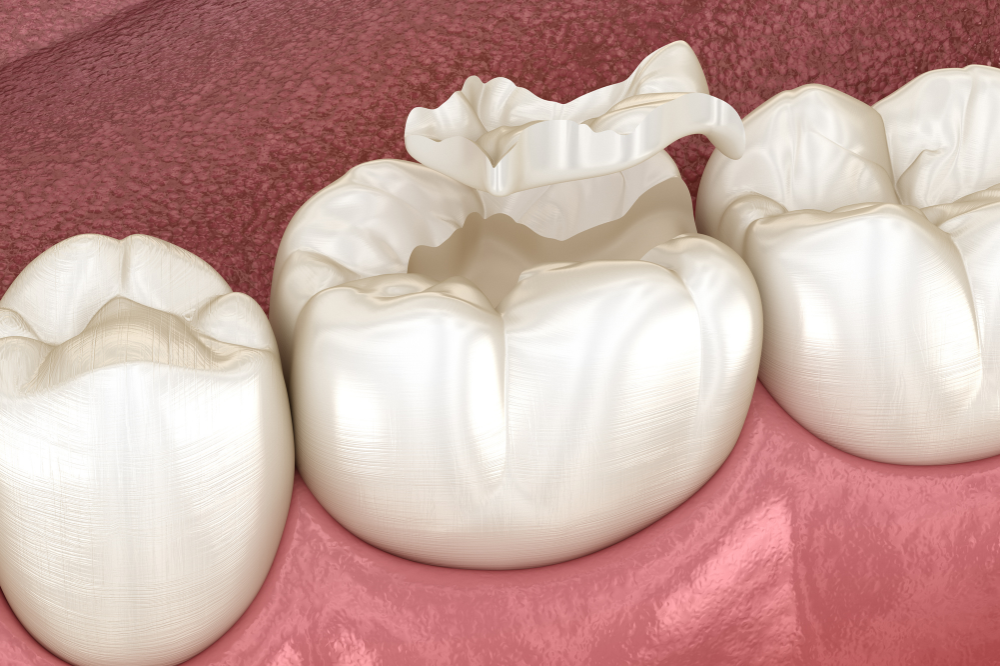
Cracked or chipped teeth are common dental injuries. The enamel that coats your teeth is the hardest substance in your body, but it can still be cracked or chipped. A chipped tooth usually isn’t serious, but a cracked tooth can be. A cracked tooth can cause pain and sensitivity, and if it’s not treated, it can lead to an infection. Vertical root fractures are another type of dental injury. They occur when the root of the tooth becomes fractured. vertical root fractures are more serious than chipped or cracked teeth because they can lead to an infection or loss of the tooth. If you have a chipped or cracked tooth, you should see a dentist as soon as possible. If you have a vertical root fracture, you should see an endodontist, which is a dentist who specializes in treating these types of injuries.
Chipped tooth repair cost – what to expect
One of the most common dental issues is a chipped tooth. Whether you were eating an apple or playing football, a chipped tooth can happen at any time. While it may not seem like a big deal, it’s important to fix a chipped tooth as soon as possible. If left untreated, a chipped tooth can lead to further damage, infection, and even pain.
So, what can you expect when it comes to chipped teeth repair costs? The good news is that most dental insurance plans will cover at least part of the cost. However, there may be a deductible or co-pay, depending on your plan. For those without insurance, the cost will vary depending on the severity of the damage and the dentist you choose. In general, you can expect to pay anywhere from $50 to $200 for repairs.
While it may not be fun to think about the cost of repairs, it’s important to get your chipped tooth fixed as soon as possible. By taking care of the problem now, you can avoid further damage and save money in the long run.
Cavity filling repair cost – what to expect
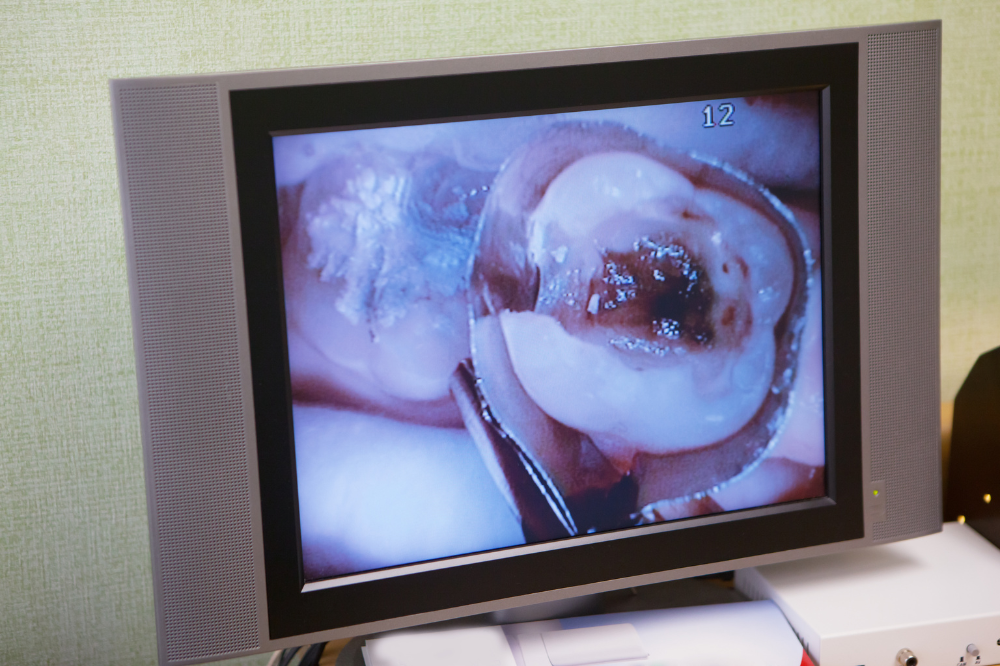
When you broken or cracked tooth, it’s important to seek professional dental help as soon as possible. Leaving a broken or cracked tooth untreated can lead to serious oral health problems, including infection, tooth loss, and damage to the surrounding teeth. A dental filling can help to repair a broken or cracked tooth, restoring its function and preventing further damage. The cost of a dental filling will vary depending on the extent of the damage and the type of filling material used. However, in most cases, dental insurance will cover at least a portion of the cost. As a result, it’s important to get in touch with your insurance provider to see what coverage is available. By getting prompt treatment for a broken or cracked tooth, you can help to ensure your oral health for years to come.
Dental insurance and paying for chip tooth & cavity repairs
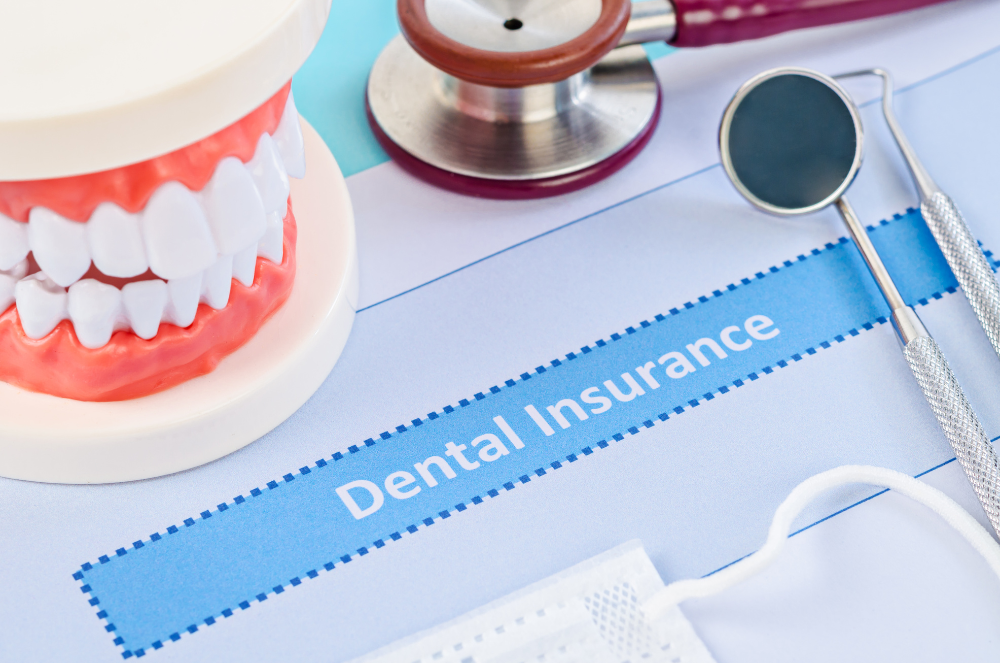
Dental insurance is a type of insurance that covers dental care expenses. It is important to have because it can help to pay for chip tooth, cavity repairs, and other necessary dental treatments. Many people do not have dental insurance, which can make it difficult to afford necessary dental care. There are a few different ways to get dental insurance. One way is to get it through an employer. Another way is to purchase a policy on your own. Purchasing a policy on your own can be expensive, but there are many ways to save money on dental care. One way to save money is to go to a licensed dentist.
A licensed dentist has the training and experience to provide quality dental care at an affordable price. Another way to save money on dental care is to get discounts through dental Insurance companies. Dental Insurance companies offer discounts for services such as teeth cleanings and x-rays. Finally, another way to save money on dental care is to use a dental savings plan. A dental savings plan allows you to pay a fixed monthly fee for access to discounted rates on dental care from participating dentists. With a little bit of research, it is possible to find affordable dental care without insurance. Find the right solution for you and your family so that you can get the quality dental care you deserve!
How to prevent chipping teeth and getting cavities in the first place
There are a few things you can do to take care of your natural teeth and prevent chipping teeth or getting cavities in the first place. One is to brush your teeth regularly. This will help remove plaque and bacteria that can cause tooth decay. You should also floss daily to remove plaque and food particles from between your teeth. In addition, you can use a mouthwash to kill bacteria and freshen your breath.
If you have a split tooth, you may need to see a dentist to have it repaired. Dental bonding can help to repair small cracks and chips, and a root canal may be necessary if the tooth is damaged more severely. If a tooth breaks, it is important to see a dentist as soon as possible so that the tooth can be properly repaired or replaced. Taking care of your natural teeth can help prevent serious dental problems down the road.
Why dental insurance may not cover the full cost of repair
Dental insurance is an important way to help cover the costs of preventative care and necessary treatments. However, it is important to understand that dental insurance may not cover the full cost of every procedure. In some cases, insurers will only cover a portion of the cost, while in others they may not cover any of the cost at all.
There are a number of reasons why this may be the case. For example, some procedures may be considered to be elective, meaning that they are not medically necessary. In other cases, the procedure may be considered to be cosmetic, meaning that it is not covered by most insurance plans. Finally, some procedures may be considered to be experimental, meaning that there is not enough evidence to prove that they are effective. As a result, it is important to understand what your policy covers before you undergo any dental treatment. Otherwise, you may end up being responsible for the full cost of the procedure.
5 dental insurance policies that cover broken tooth repairs
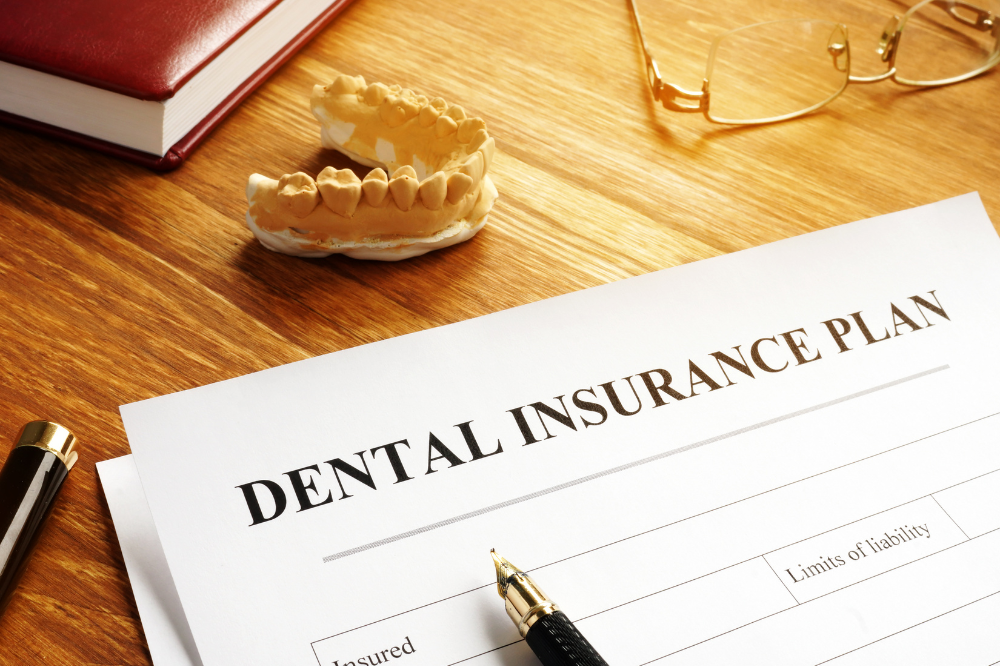
Dental insurance policies typically cover the cost of preventive care, such as cleanings and X-rays, as well as basic procedures, such as fillings. However, coverage for more expensive procedures, such as crowns or bridges, is often limited. As a result, many people are left with the bill for expensive repairs, such as fixing a broken tooth. Here are five dental insurance policies that provide coverage for broken tooth repairs:
1. Cigna Dental 1000:
This policy provides coverage for up to $1,000 per year for dental services, including repairs.
2. Delta Dental Premier:
Delta Dental Premier covers up to $2,000 per year for major services, such as repair of a broken tooth.
3. MetLife Dental Insurance:
MetLife Dental Insurance covers up to $1,500 per year for dental services, including repair of a broken tooth.
4. United Concordia National Fee-for-Service Plan:
The United Concordia National Fee-for-Service Plan covers up to $1,000 per year for dental services, including repair of a broken tooth.
5. Aetna Dental Access:
Aetna Dental Access provides discounts of 10-60% on dental services, including repairs of a broken tooth. Note that this is not an insurance policy; rather, it is a discount plan.
Ways to pay for broken tooth repair if you're uninsured
According to the National Association of Dental Plans, more than 41 million Americans are currently without dental insurance. This can make it difficult to afford necessary dental care, such as broken tooth repair. There are a few options available for those who need to pay for dental care out of pocket.
One option is to look for a dental savings plan. These plans are not insurance, but they do offer discounts on dental services from participating providers.
Another option is to finance the cost of dental care through a personal loan or credit card. This can be a good option if you have good credit and can qualify for a low interest rate.
Finally, you may be able to negotiate a payment plan with your dentist. If you are unable to pay the full cost up front, your dentist may be willing to work out a payment plan that allows you to make monthly payments.
By doing your research and exploring all of your options, you can find a way to pay for the dental care you need, even if you don’t have insurance.
The different types of procedures used to repair a broken tooth
There are a few different ways to go about repairing a broken tooth. For a small crack, a simple filling may be all that is needed. If the crack is more significant, or if the tooth is chipped or fractured, then a dental crown may be required. This involves placing a cap over the tooth in order to protect it and restore its appearance. In cases where the tooth has been completely knocked out, an implant can be used to replace the root of the tooth. Once the implant has healed, a new tooth can be attached to it. When it comes to repairing broken teeth, there are a few different options available. The best course of action will depend on the extent of the damage.
FAQs about chipped tooth and cavity filling repair cost
1. How much does it cost to repair a chipped tooth?
The cost of repairing a chipped tooth depends on the extent of the damage and the type of procedure required. Minor chips can be repaired with bonding, which typically costs between $100 and $400. More significant chips may require veneers or crowns, which can cost between $500 and $3,000 per tooth.
2. How much does it cost to fill a cavity?
The cost of filling a cavity also depends on the extent of the damage and the type of procedure required. A simple silver filling can cost as little as $50, while a more complex gold or porcelain filling can cost upwards of $1,000.
3. How often do I need to visit the dentist for a checkup?
Most dental professionals recommend visiting the dentist at least twice a year for a routine cleaning and checkup. However, if you have an existing dental problem, you may need to visit more frequently. Regular checkups help to ensure that problems are caught early and can be treated before they become more serious.
4. I’m worried about the cost of dental care. What are my options?
If you’re concerned about the cost of dental care, there are a number of options available to help make it more affordable. Dental insurance can help to cover some of the costs of dental procedures. Many employers offer dental insurance as part of their benefits package. You can also purchase dental insurance independently.
There are also a number of discount dental plans available that can help to reduce the cost of dental care. These plans typically provide discounts of 10-60% on most dental procedures.
5. I don’t have dental insurance. How can I still get affordable dental care?
If you don’t have dental insurance, there are a number of options available to help make dental care more affordable. Many dentists offer discounts for cash payments. There are also a number of discount dental plans available that can help to reduce the cost of dental care.
6. I’m on a tight budget. What are some ways I can save money on dental care?
There are a number of ways you can save money on dental care, even if you’re on a tight budget. Many dentists offer discounts for cash payments. There are also a number of discount dental plans available that can help to reduce the cost of dental care. In addition, many dental schools offer low-cost or free dental care to patients.
7. I’m not sure if I can afford dental care. What should I do?
If you’re not sure if you can afford dental care, there are a number of options available to help make it more affordable. Dental insurance can help to cover some of the costs of dental procedures. Many employers offer dental insurance as part of their benefits package. You can also purchase dental insurance independently. There are also a number of discount dental plans available that can help to reduce the cost of dental care.
8. What is cosmetic dentistry?
Cosmetic dentistry is any type of dental procedure that is performed for the sole purpose of improving the appearance of your teeth. It can include procedures such as teeth whitening, porcelain veneers, and dental implants.
9. Is cosmetic dentistry covered by insurance?
Typically, cosmetic dentistry is not covered by insurance. However, some insurers may cover a portion of the cost of certain procedures, such as teeth whitening, if they are considered to be medically necessary.
10. How much does cosmetic dentistry cost?
The cost of cosmetic dentistry varies depending on the procedure being performed. Procedures such as teeth whitening and porcelain veneers can typically cost several hundred dollars. More complex procedures, such as dental implants, can cost several thousand dollars.
11. I’m interested in cosmetic dentistry. What are my options?
There are a number of cosmetic dentistry procedures available, including teeth whitening, porcelain veneers, and dental implants. The best way to determine which procedure is right for you is to consult with a qualified dental professional.
12. I’m considering getting dental implants. What are the risks?
Dental implants are considered to be a very safe procedure. However, as with any surgery, there are some risks involved. These risks include infection, damage to surrounding teeth, and nerve damage. Consult with your dentist to discuss the risks involved with dental implants before having the procedure.
13. I’m interested in teeth whitening. What are my options?
There are a number of teeth whitening products and procedures available, including over-the-counter gels and strips, professional teeth whitening, and laser teeth whitening. The best way to determine which option is right for you is to consult with a qualified dental professional.
- I’m pregnant. Do I need to see a dentist
It is recommended that pregnant women see a dentist during their pregnancy. Pregnant women are at an increased risk for developing gum disease, which can lead to other health problems. In addition, pregnant women may be more susceptible to cavities and other dental problems. Consult with your dentist to discuss your oral health needs during pregnancy.
15. What should I do if I have a dental emergency?
If you have a dental emergency, such as a toothache, cracked tooth, or lost filling, it is important to see a dentist immediately. If you cannot see a dentist right away, there are some things you can do to ease the pain and keep the problem from getting worse. Consult with your dentist to discuss your options if you have a dental emergency.
The best way to find a qualified dentist in your area is to ask for recommendations from family and friends or search online for dentists in your area. Once you have found a few dentists that you are considering, it is important to schedule an appointment for a consultation. At the consultation, you will be able to meet with the dentist and discuss your oral health needs. This is also a good time to ask any questions that you may have about the dentist’s experience, qualifications, and fees. After meeting with the dentist, you will be able to decide if they are the right fit for you and your family.
Does American dental association cover for chipped or cracked tooth repairing?
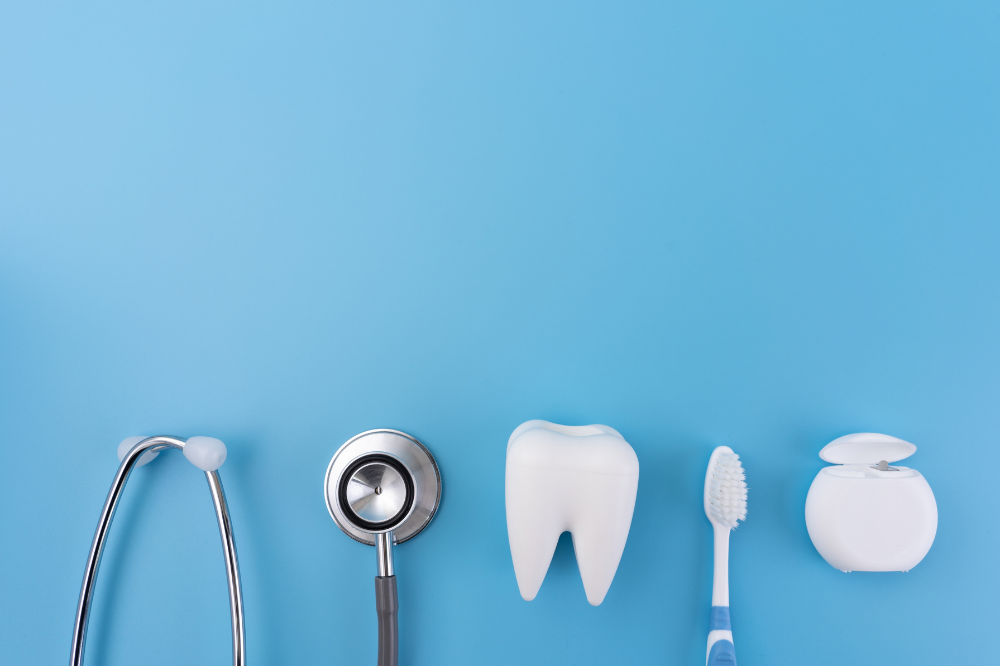
The American Dental Association (ADA) is a professional organization that sets standards for dental care and promotes oral health. While the ADA does not directly cover the cost of dental procedures, they do provide resources and guidance on how to find quality dental care. In terms of repairing a chipped or cracked tooth, the ADA recommends seeking out a qualified dentist who can provide treatment based on the extent of the damage. If the chip or crack is minor, the dentist may be able to simply smooth it out. However, if the damage is more significant, the tooth may need to be repaired with bonding, a filling, or a crown. By following the guidance of the ADA, you can be sure to receive high-quality care for your chipped or cracked tooth.
Bottom Line
We hope this article has helped you understand what a cracked or chipped tooth is, the repair cost involved, and some of your options for paying for the repairs. If you have any questions that haven’t been answered in this article, please don’t hesitate to read our other blog posts where we go into more detail about dental insurance and broken tooth repair procedures. And finally, remember to keep up with your oral hygiene routine so you can avoid getting cavities and chips in your teeth in the first place!











